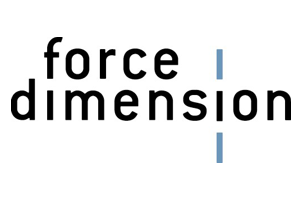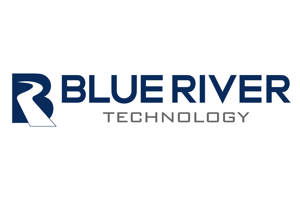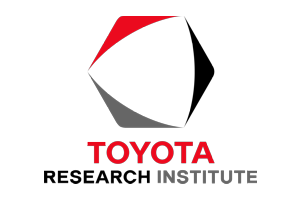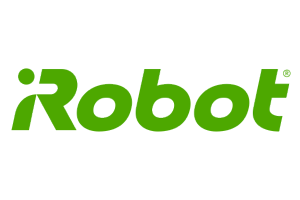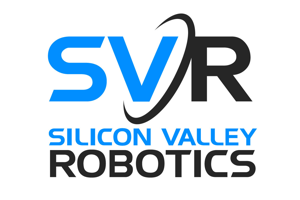About SIMPAR 2016
The IEEE International Conference on Simulation, Modeling, and Programming for Autonomous Robots (SIMPAR) is a series of bi-annual conferences, which have been held successively in Venice (2008, Italy), Darmstadt (2010, Germany), Tsukuba (2012, Japan), and Bergamo (2014, Italy). SIMPAR 2016 is co-sponsored by the IEEE Robotics and Automation Society.
The theme of the fifth Edition is "Leveraging Simulation and Machine Learning for Robotics". The event will bring together researchers and engineers from academia and industry to identify and solve key issues in software development for autonomous robots and to boost a smooth shifting of results from simulated to real-world applications.
Novel robotics applications driven by research, industry and society call for the development of systems of ever increasing complexity: systems with sliding autonomy; humanoid robots; distributed robots; mobile sensor networks. Steady improvements in robot hardware have not been matched by corresponding advancements in robot simulation software – especially in the domain of machine learning. Besides fundamental open problems still waiting for sound answers, the development of new robotics applications still suffers from the lack of widely used tools, libraries, and algorithms ready to be incorporated into new projects. Simulation environments are playing a main role in reducing development time and cost of large scale systems. Seamless migration of code from general purpose simulators to real world systems is a requirement for the future success of robotics and automation.
Topics of interest include, but are not limited to:
- 3D robot simulation and mathematical modeling of robots
- Learning from simulation
- Reliability, scalability and validation of robot simulation
- Simulated sensors and actuators
- Machine learning for robotics applications
- Offline simulation of robot design
- Online simulation with real-time constraints
- Simulation with software/hardware in the loop
- Middleware for robotics
- Modeling framework for robots and environments
- Testing and validation of robot software
- Standardization for robotic services
- Communication infrastructures in distributed robotics
- Interaction between sensor networks and robots
- Human robot interaction and collaboration
- Simulation of multi-robot systems
- Model-based optimization and optimal control
- Model predictive control










